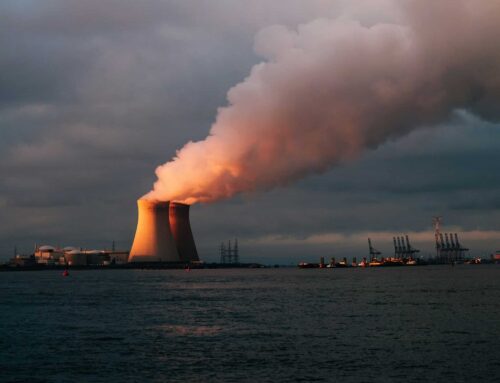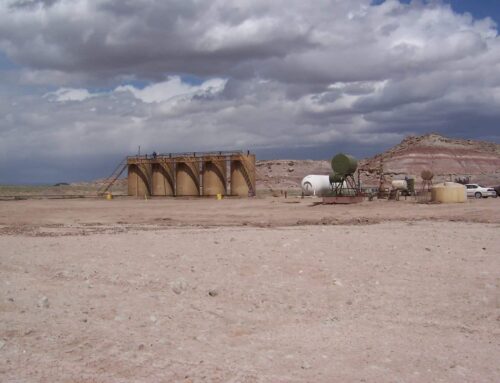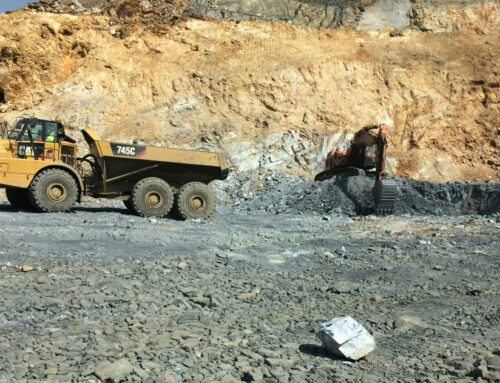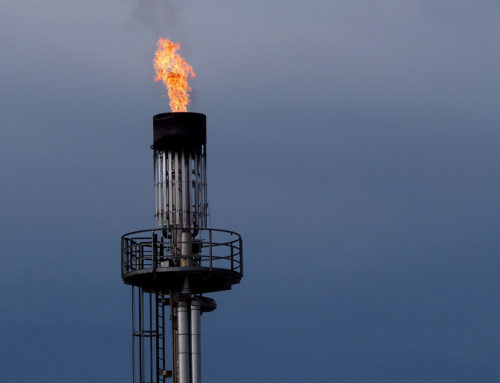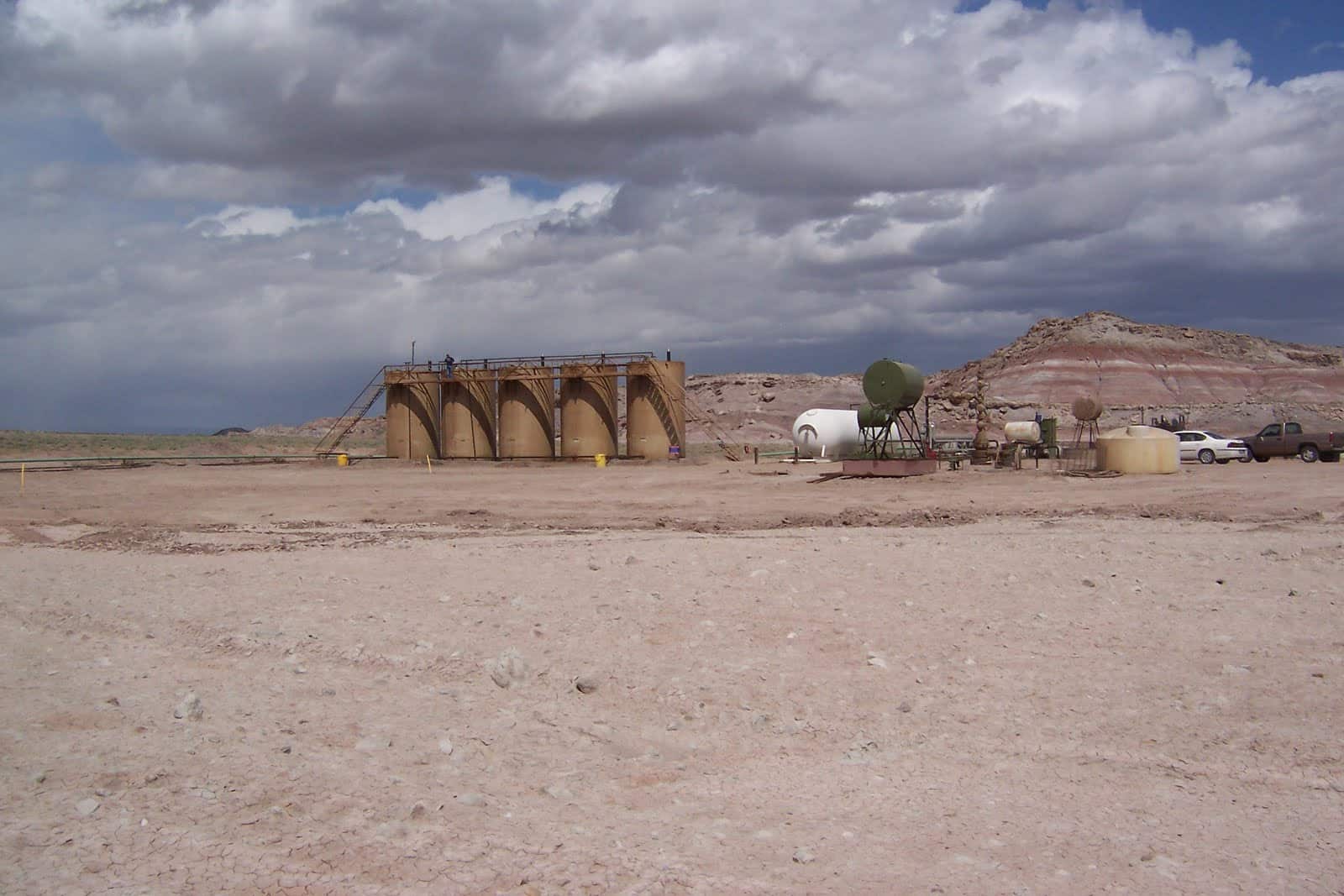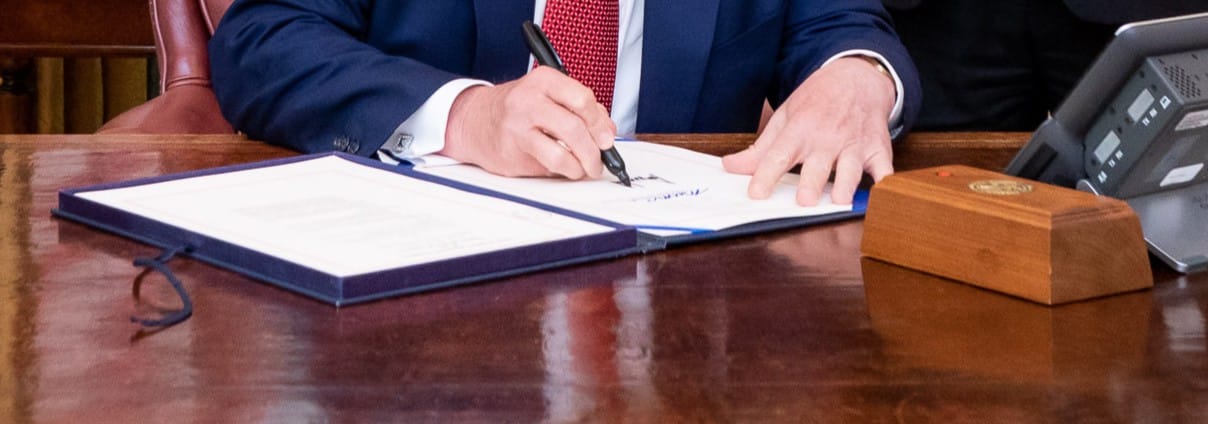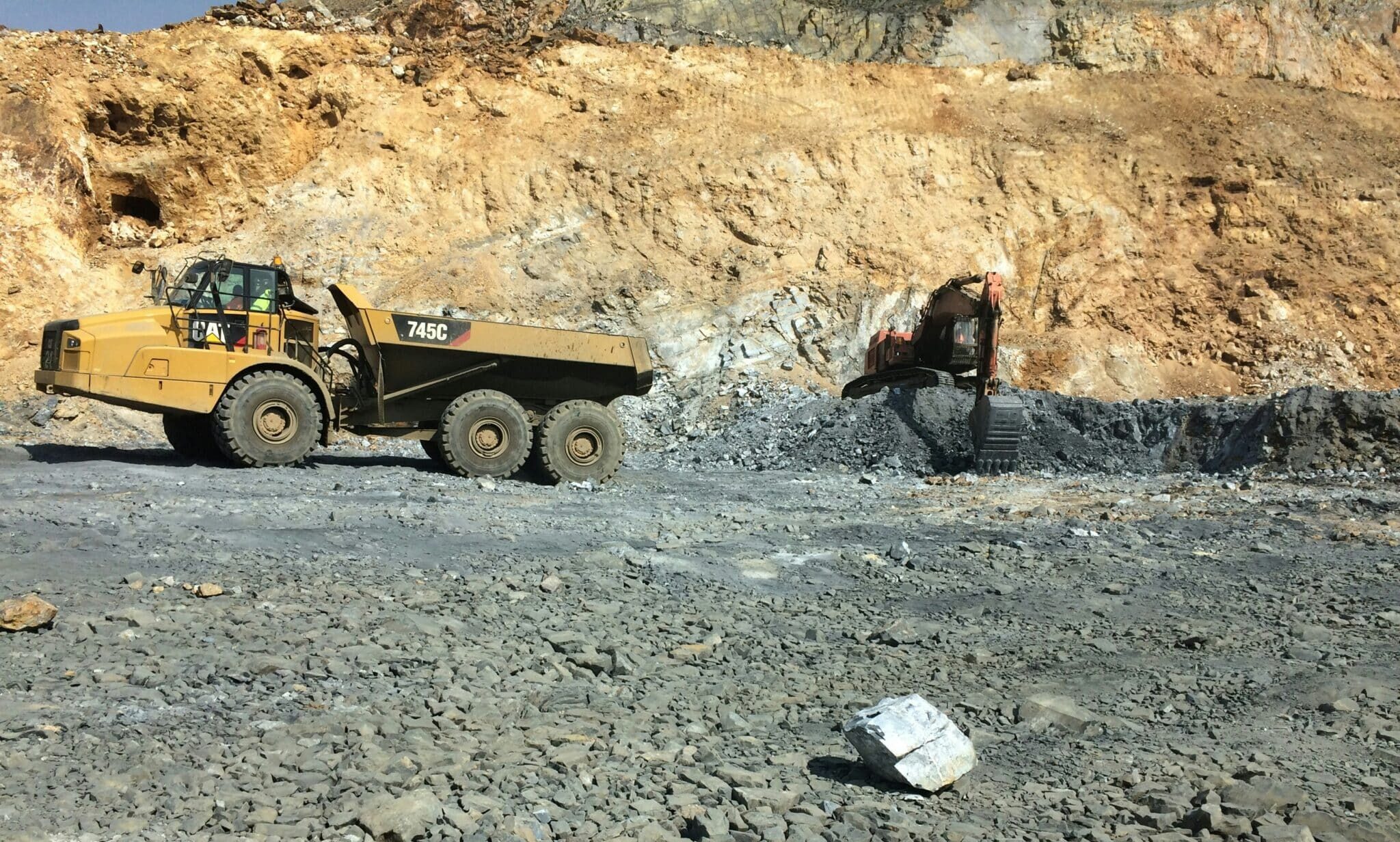On Tuesday, February 7, the House Energy, Climate, & Grid Security Subcommittee and House Environment, Manufacturing, & Critical Materials Subcommittee held a joint legislative hearing titled: “Unleashing American Energy, Lowering Energy Costs, and Strengthening Supply Chains.” The hearing discussed 17 proposed bills relating to U.S. energy production and infrastructure. Topics included but were not limited to hydraulic fracturing, the Keystone XL Pipeline, critical minerals, electric infrastructure cybersecurity, and the importation and exportation of natural gas, crude oil, and uranium.
The hearing witnesses were: Mark Menezes, Former United States Deputy Secretary of Energy; Bernard McNamee, Former Commissioner of the Federal Energy Regulatory Commission; Jeffrey Eshelman, II, President and Chief Executive Officer, Independent Petroleum Association of America; Katie Sweeney, Executive Vice President, and Chief Operating Officer of the National Mining Association; Raul Garcia, Legislative Director for Healthy Communities, Earthjustice; and Tyson Slocum, Director of the Energy Program, Public Citizen.
The hearing touched on nearly all forms of U.S. energy, including crude oil, natural gas, renewable energy, nuclear, coal, and hydroelectric. However, oil and gas dominated the majority of the discussion. Of the 17 proposed bills, eight specifically address oil and gas operations. In addition, another 5 of the proposed bills address “critical energy resources” – defined broadly as energy resources that are essential to the United States and have a vulnerable supply chain – which could potentially include oil and natural gas.
Many Committee Members also raised the role of Russia’s invasion of Ukraine in rising U.S. oil and gas prices, including our international allies’ need for U.S. natural gas in their calls for increasing domestic production. This rhetoric has been constant over the past several months, even though the U.S. has been a net exporter of oil and petroleum products since 2020. In fact, net exports of oil and petroleum products reached an all-time high in 2022. Moreover, the U.S. is also poised to be a net exporter of crude oil in 2023.
Notably, two proposed bills seek to repeal programs in the recently enacted Inflation Reduction Act (IRA, P.L. 117–169). One would repeal the Greenhouse Gas Reduction Fund (42 U.S.C. 7437), which provides grants to state, local, and tribal governments for air pollution planning and reduction implementation. The other, H.R. 484, the Natural Gas Tax Repeal Act, would repeal the Methane Emission Reduction Program (42 U.S.C. 7436).
The new methane program is two-fold, providing $1.55 billion in incentives for the oil and gas industry to monitor and reduce their methane emissions and establishing a methane fee. The methane fee charges oil and gas operators for methane emitted above an allotted threshold during oil and gas operations, which includes production, transmission, processing, storage, and gathering. The fee would start in 2024 at $900/ton of methane emitted above the threshold, increasing to $1,200/ton in 2025 and $1,500/ton in 2026.
Rep August Pfluger (R-TX), who proposed H.R. 484, has argued that the methane fee would disproportionally impact small, independent producers, even though the methane fee would only apply to facilities emitting more than 25,000 metric tons of carbon dioxide equivalent of greenhouse gasses annually. As a result, many smaller facilities may emit more methane as a percentage of overall production that would not be assessed the methane fee. In total, these smaller, excluded facilities account for over 60 percent of total U.S. methane emissions from oil and gas operations, according to the Environmental Protection Agency (EPA). Other committee members voiced support for the new IRA program; Rep Pallone (D-NJ) spoke in favor of the program and said that the Methane Emission Reduction Program “fundamentally ensures polluters pay for wasted methane and not customers.”
TCS has supported the new methane fee as a positive step towards better protecting a valuable taxpayer-owed resource. In addition, the fee creates incentives for the oil and gas industry to reduce methane emissions by finally capturing at least a portion of the climate costs that methane emissions cause.
Nuclear energy was addressed in one proposed bill. One Committee Member highlighted research into Small Modular Reactors (SMRs) conducted at the Idaho National Laboratory and praised SMRs for their reliability, safety, and cost-efficiency. Bernard McNamee, the former Federal Energy Regulatory Commission commissioner, agreed and claimed that SMRs are “going to transform the way we do the electric grid.”
Unfortunately, our recently released report on SMRs and their prospects show taxpayers have lost billions betting on modular reactors. The Department of Energy (DOE) has spent more than $1.2 billion on SMRs, yet SMRs are still far from market readiness, and their cost and technical troubles have made them an impractical climate solution. The first SMR power plant to be built has already experienced several delays, increasing cost estimates, and is struggling to find subscriber interest. As a result, SMRs are unlikely to make a dent in domestic energy markets for decades, if ever.

